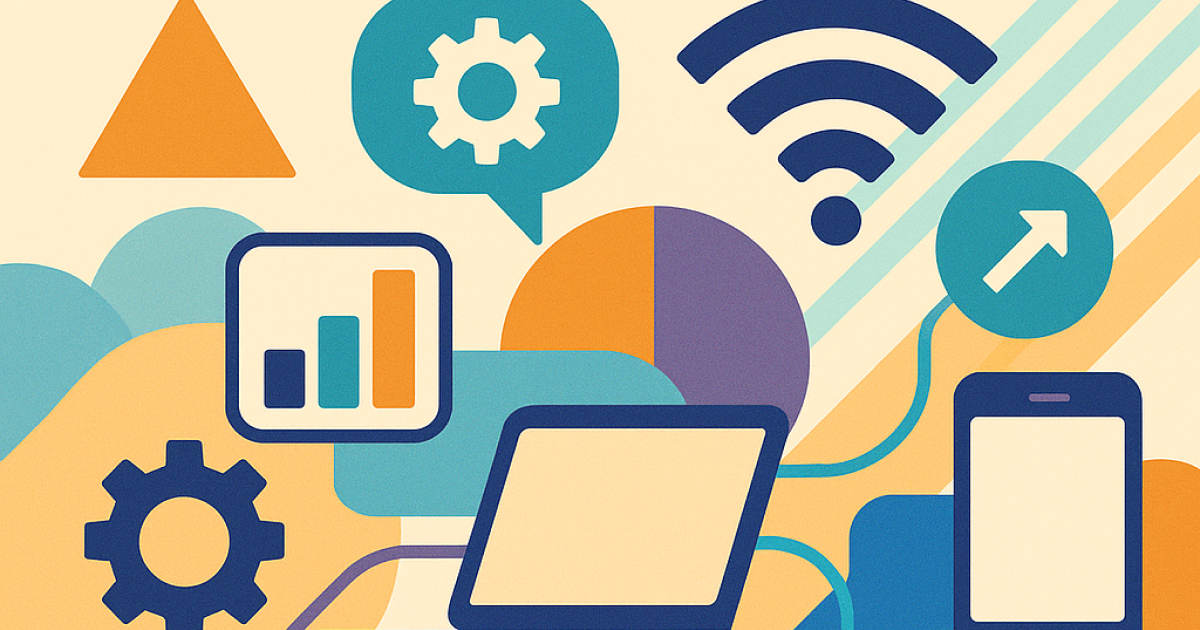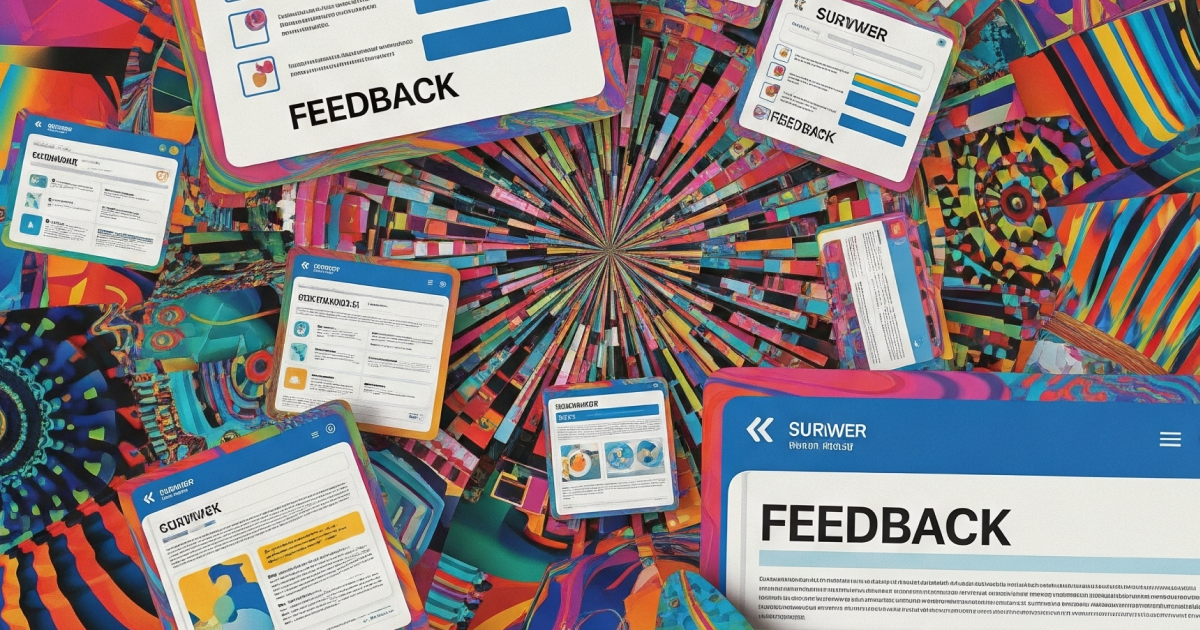The Silent Digital Revolution: Small Businesses Switching to Tech Without Even Noticing

In the sea of buzzwords like "digital transformation" and "tech disruption," we often picture innovative start-ups or tech giants pushing the boundaries of what's possible.
But lurking in the shadows of these technological buzzwords, there's a silent, much less glamorous digital revolution taking place. Small, often overlooked businesses – the most unassuming players – have changed the game by quietly integrating digital tools into their operations.
The Unconscious Leap Towards Technology
Today, cashless payments, online booking systems, and social profiles for businesses are practically the norm – even for the most "boring" of enterprises. However, this shift to digital platforms has been so gradual and in-sync with customers' evolving needs that many small businesses have switched to tech without even noticing it!
The average laundrette owner, who integrated a digital payment option to provide added convenience to their customers, might not have realised they're riding the wave of digital transformation.
Similarly, landscape service providers who use automated scheduling and billing systems might be oblivious to their active role in this digital revolution.
Success Stories from the 'Silent Revolution'
Consider the beloved neighbourhood bookstore, historically known more for their dust motes than tech savviness. Look again and you may notice they adopted an online ordering system during the recent pandemic or started engaging readers over Instagram, introducing bookclubs and ‘Author Sundays’.
In an unlikely turn, the digital transition not only garnered a new demographic of young-adult readers but also allowed them to sustain sales and possibly stay afloat altogether.
Or take the sleepy laundrette down the street or at your favourite campsite that have now turned rooms full of idle machines into a 24/7 business by integrating an online app based booking system.
Customers can now reserve machines at convenient time slots, leading to higher customer satisfaction and increased turnover.
Reaping the Benefits
Businesses that have demonstrated this seamless adaptability to digital tools enjoy amplified benefits. Besides the obvious efficiency boosts, they garner competitive advantages, diversifying their customer base, and enriching customer relationships.
More often than not, these digital tools have driven higher revenues by expanding the business's reach. For instance, moving online or applying digital purchasing solutions widens one's customer pool. Oftentimes, a cash-only service deters potential customers who prefer various digital payment methods for convenience or safety reasons. Thus, integrating digital payment systems not only caters to traditional customers but also attracts an audience that values digital convenience.
Businesses We've Lost and Why
As we celebrate the success of small businesses transforming digitally, it's also worth discussing the types of businesses we've seen less of over the last decade, particularly ones that resisted digital modernization.
Brick-and-mortar video rental stores, for instance, saw a drastic decline with the rise of streaming platforms. Traditional taxi services had a tough run competing with ride-hailing apps that provided superior customer convenience. Your classic market stall, florist or greengrocer have also faced fierce competition from digital platforms selling convenience right at your doorstep.
The lack of digital adoption amongst these businesses might have greatly contributed to their downfall. Their resistance to change or lateness to adopt left them struggling in a rapidly advancing digital world.
The Power of Having a Digital Mindset
Despite the lack of conscious awareness about this digital adoption, what these successful businesses have done is possess a digital mindset. They demonstrated an ability to continuously evolve and maintain openness towards new tools and methods – ones that can streamline their operations, enhance customer experience, and ultimately fuel growth.
This silent digital revolution, though gradual, is inevitable. It's been going on for years. Small businesses integrating digital tools are already getting a taste of the endless possibilities that come with it. But it's crucial to understand that early adoption is key.
The digital landscape is continuously evolving, and lagging behind means playing a constant game of catch-up, as we saw with businesses that disappeared. Therefore, as a small business, it's essential not only to welcome change but to anticipate it. Don't just meet your customer's needs – stay one step ahead by thinking about what they'll need next, and prepare your business to provide it.
After all, as Henry Ford said:
If I had asked people what they wanted, they would have said ‘faster horses.’

